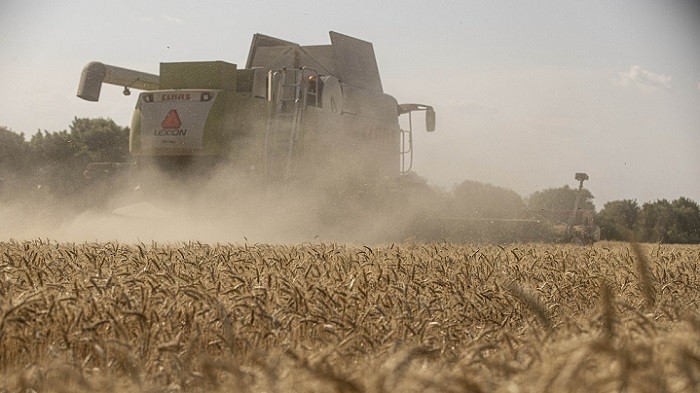 |
| Grain harvest in a field in Odessa, Ukraine, July 4, 2022. (Source: CFP) |
“If Russia wants to bring fertilizer to the global market and facilitate agricultural trade, they will have to return to this agreement,” Ambassador Thomas-Greenfield explained.
We have seen signs that they may be interested in re-entering those discussions. So we will wait and see whether that actually happens.”
* On the same day, Italian Foreign Minister Antonio Tajani expressed "concern" about Russia providing free grain to African countries in the context of the current crisis.
According to Foreign Minister Tajani, such an approach by Moscow is not a satisfactory solution to the problem that arose over Russia's suspension of participation in the agreement on grain exports from Ukraine.
The head of the Italian Foreign Ministry said that Russia's free grain supplies to Africa "do not solve the fundamental problems created by this crisis", and that a more comprehensive approach was needed to solve the problem.
Russia withdrew from the grain deal on July 17. The deal has been extended three times. The most recent extension took effect on May 18 and lasted for two months.
Russian President Vladimir Putin has repeatedly warned that his country could consider withdrawing from the Black Sea grain deal if barriers to Russian food and fertilizer exports are not resolved.
Moscow has criticized shipping and insurance restrictions that have hampered Russian exports of food and fertilizers, which are also crucial to the global food supply chain.
Source


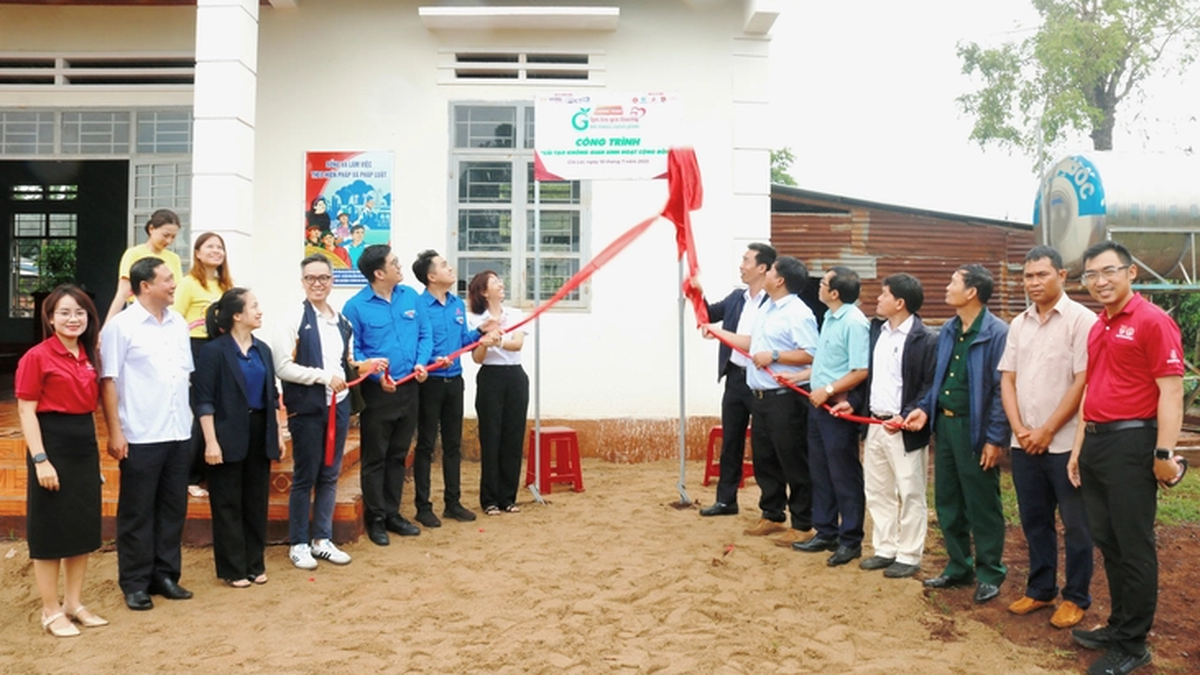

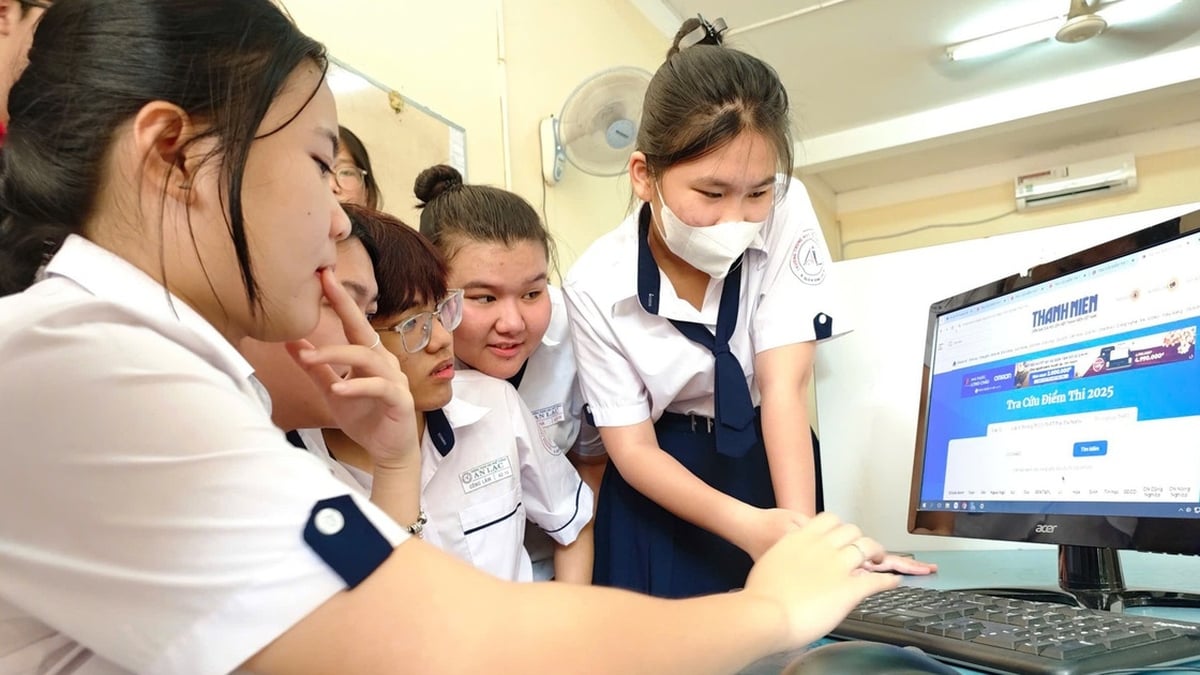
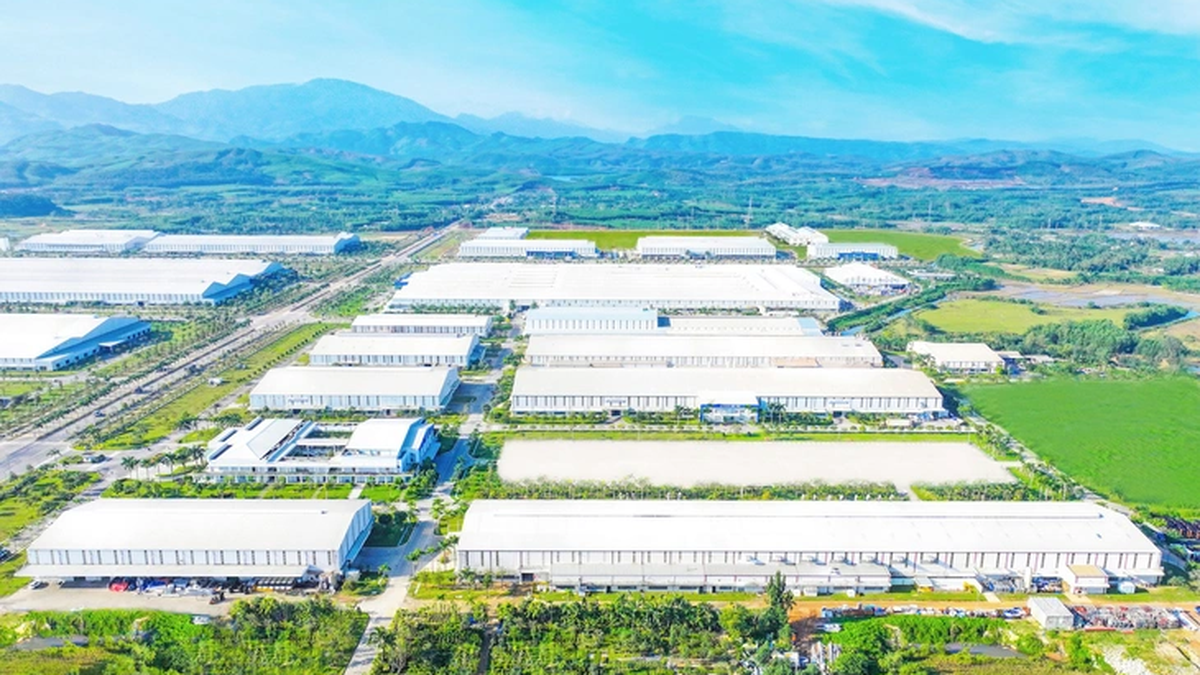





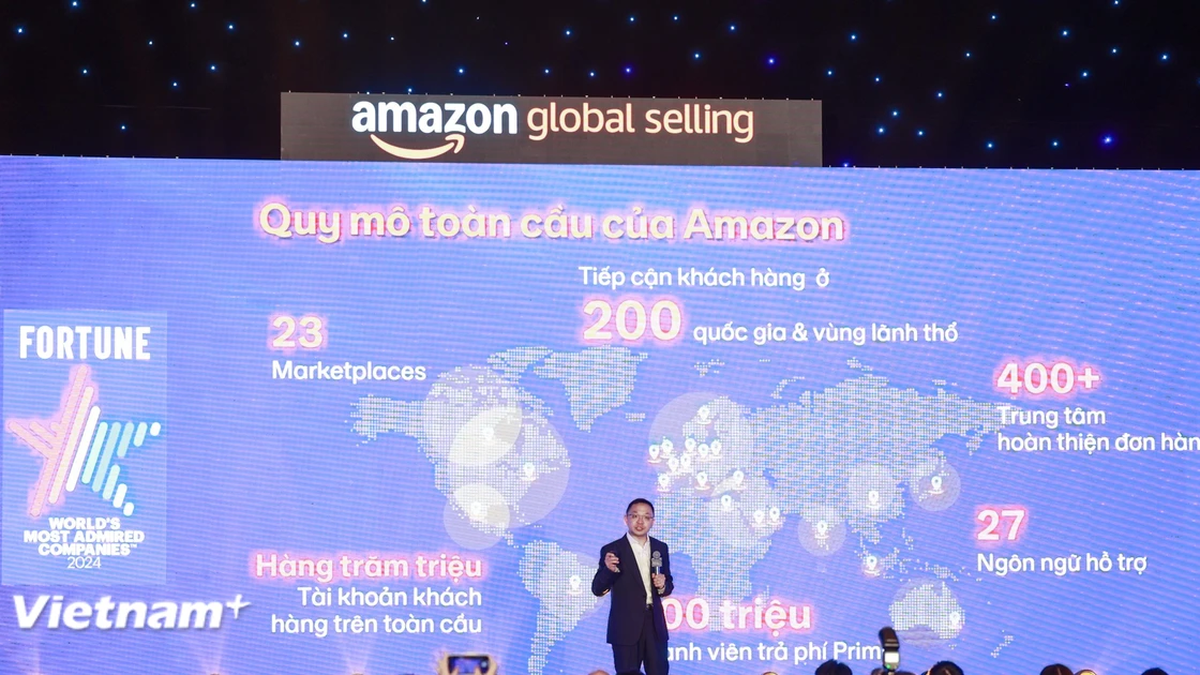






















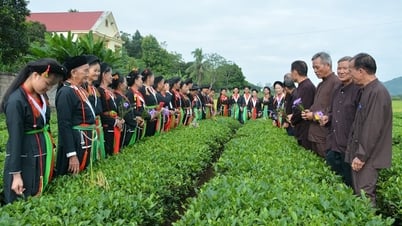

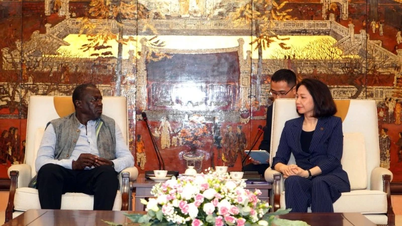






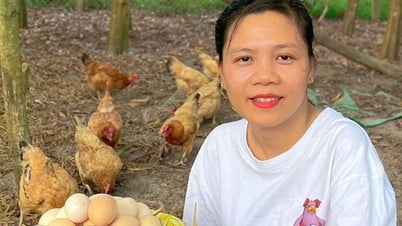

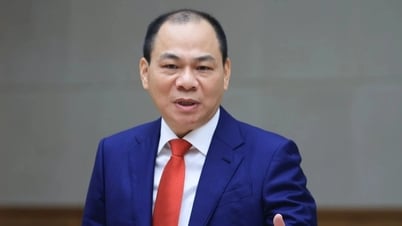












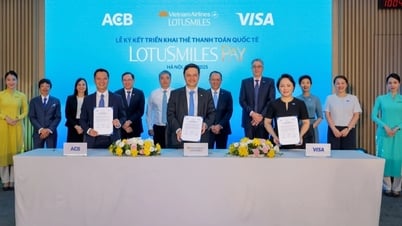








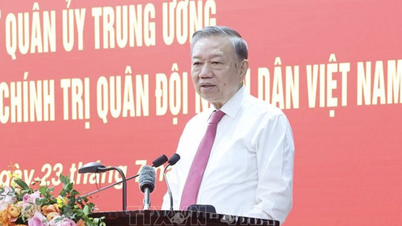

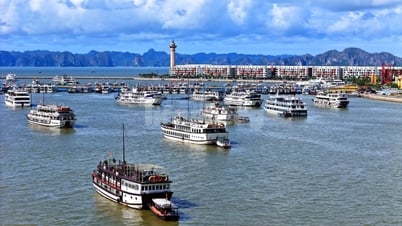

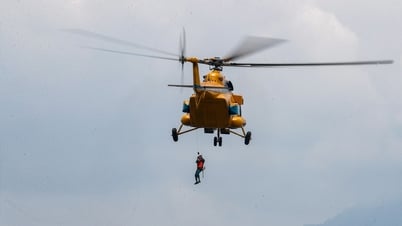

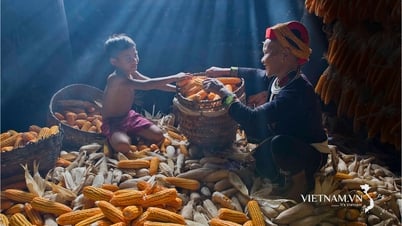


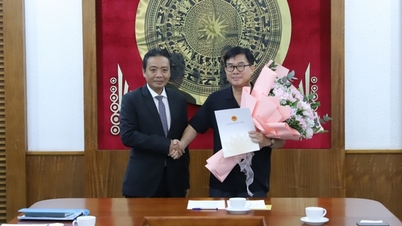

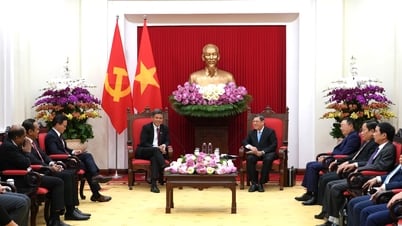

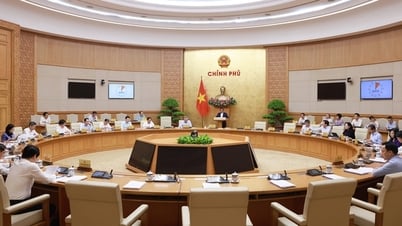








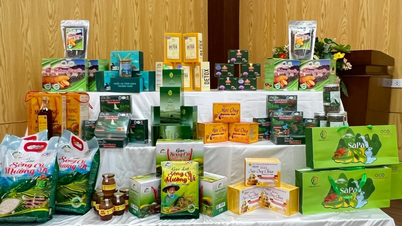













Comment (0)